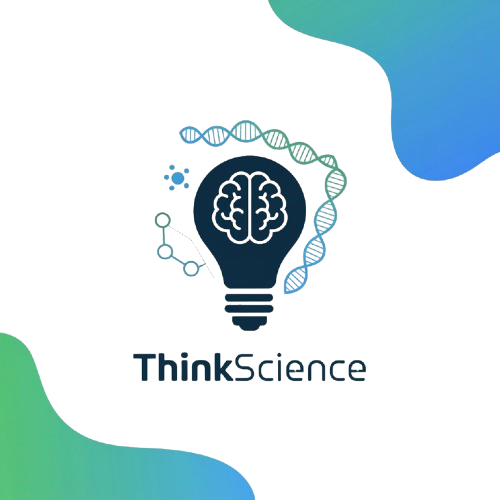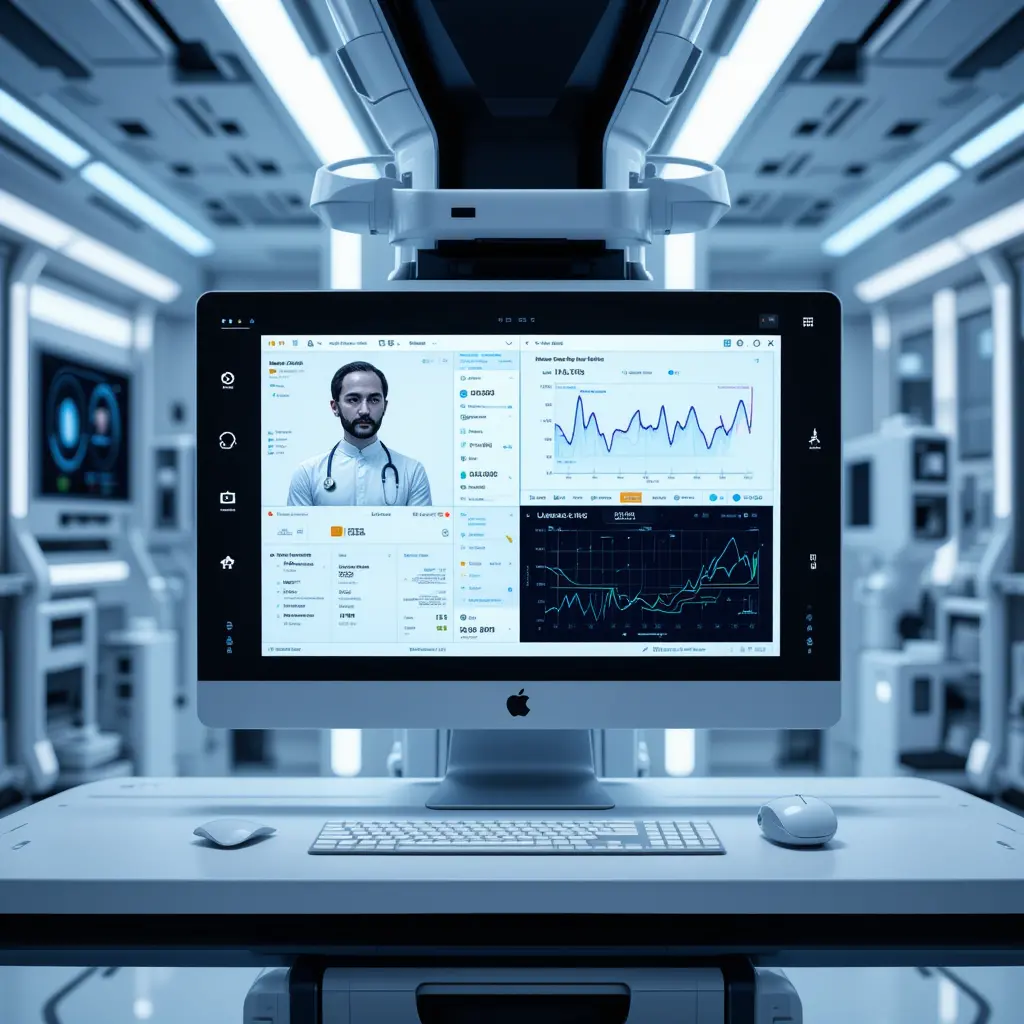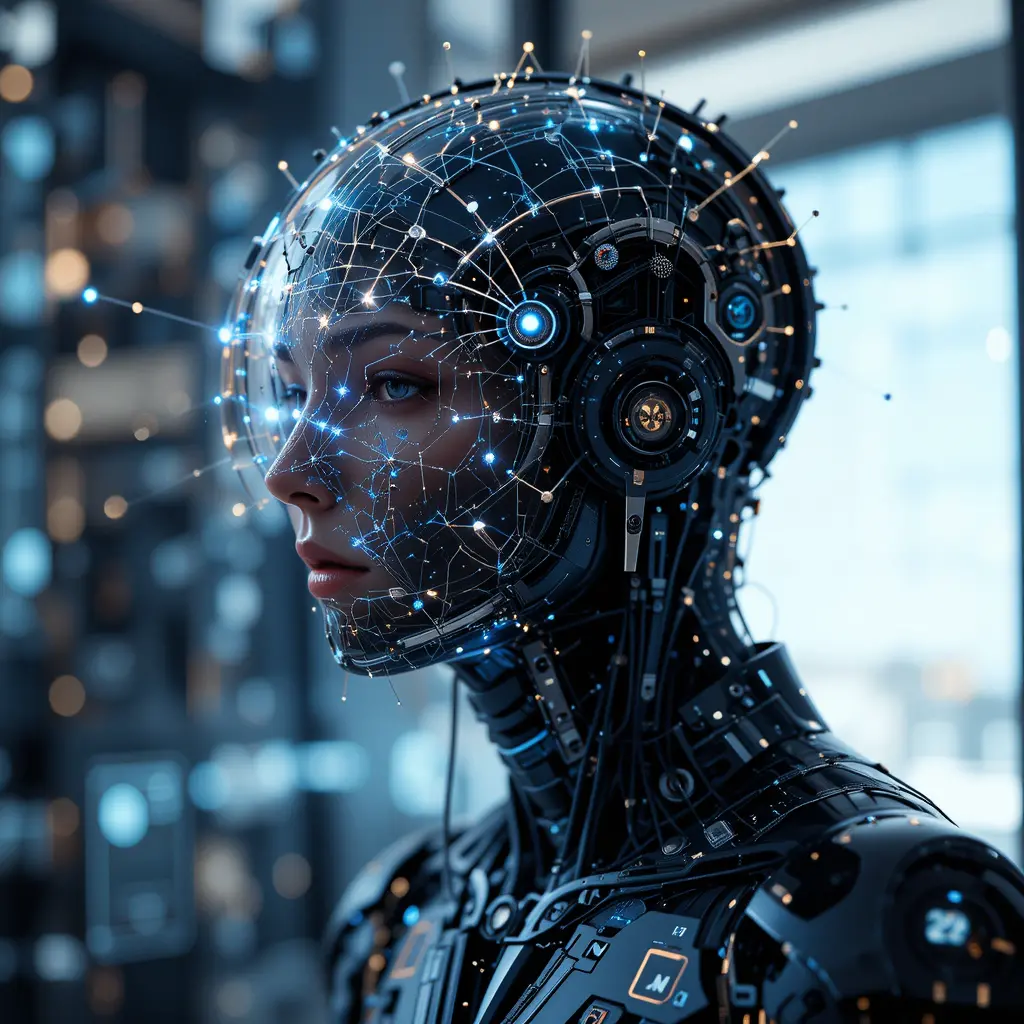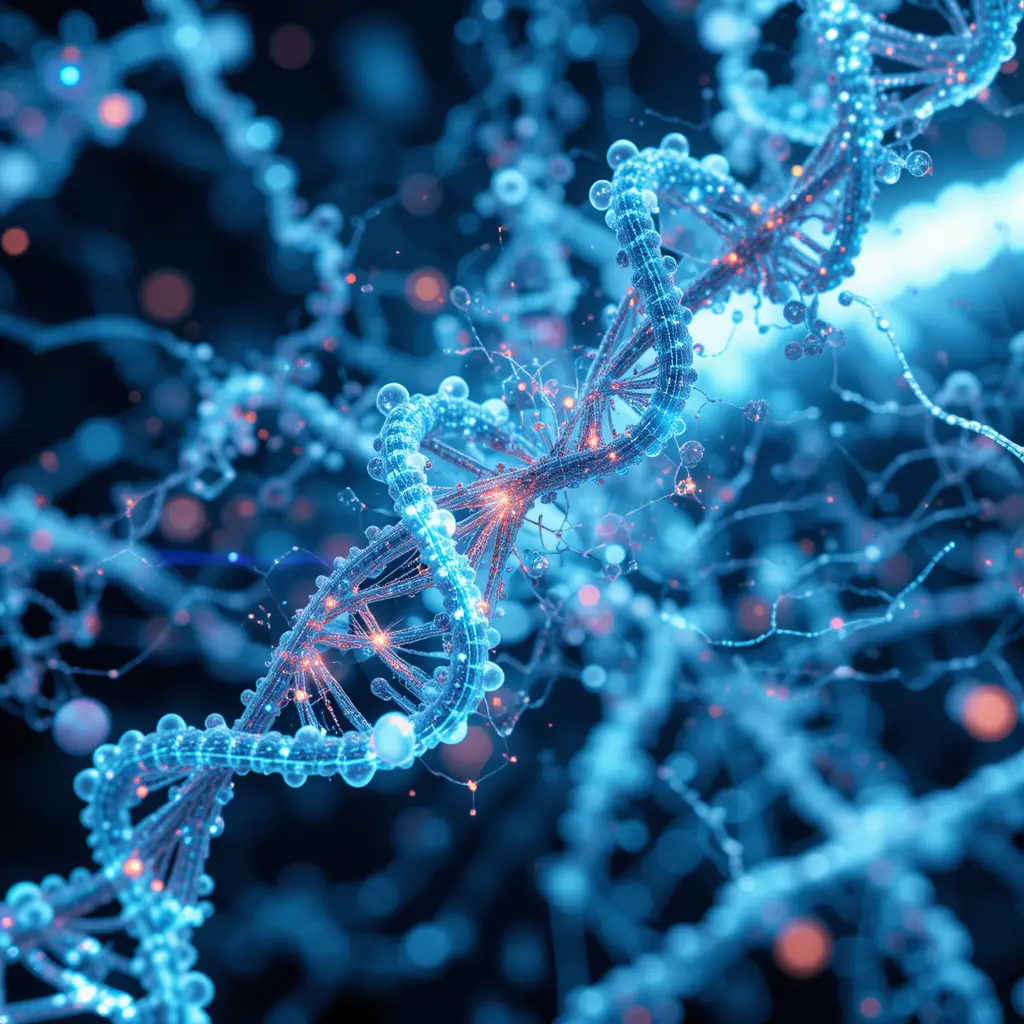Imagine a world where machines assist doctors in diagnosing diseases with pinpoint accuracy. This is not a distant future; it is happening now with the integration of Artificial Intelligence (AI) in healthcare. AI is revolutionizing how medical professionals approach diagnosis and treatment, offering new tools that enhance precision and efficiency. From analyzing complex medical data to predicting patient outcomes, AI is reshaping the landscape of modern medicine. This article explores how AI is transforming healthcare today, providing insights into its impact on diagnosis and treatment.
The Role of AI in Modern Healthcare
AI in healthcare is not just a buzzword; it’s a reality that’s reshaping how we approach medical challenges. Imagine a world where machines assist doctors in diagnosing diseases with precision. This is happening now, and it’s fascinating to witness. As a Healthcare AI Specialist, I see the potential and the hurdles firsthand.
AI’s Impact on Diagnosis
AI systems can analyze medical images faster than humans. For instance, AI algorithms can detect anomalies in X-rays or MRIs, often spotting issues that might be missed by the human eye. This capability is crucial in early cancer detection, where time is of the essence. I recall a case where AI identified a tumor in its nascent stage, giving the patient a fighting chance. Such stories are becoming more common, and they highlight the transformative power of AI in healthcare.
Enhancing Treatment Plans
AI doesn’t stop at diagnosis. It plays a significant role in crafting personalized treatment plans. By analyzing vast amounts of data, AI can suggest the most effective treatment options for individual patients. This approach ensures that treatments are tailored to the patient’s unique genetic makeup and medical history. In my opinion, this is where AI truly shines, offering a level of care that was previously unimaginable. AI in Healthcare: Revolutionizing Diagnosis and Treatment is not just a phrase; it’s a promise of a better future.
AI-Driven Diagnostic Tools
AI-driven diagnostic tools are reshaping the landscape of healthcare. These tools, powered by advanced algorithms, are capable of analyzing vast amounts of data with remarkable speed and accuracy. As a Healthcare AI Specialist, I find it fascinating how these innovations are not just theoretical but are actively being used in hospitals and clinics worldwide.
Real-World Applications and Impact
Consider the case of radiology. AI systems can now examine medical images, such as X-rays and MRIs, to detect anomalies that might be missed by the human eye. This capability is not just a technological marvel; it is a lifesaver. For instance, in one hospital, an AI tool identified early signs of lung cancer in a patient, allowing for timely intervention. This is a prime example of how AI in Healthcare: Revolutionizing Diagnosis and Treatment is not just a buzzword but a reality.
Another area where AI shines is in pathology. AI-driven tools can analyze tissue samples with precision, offering insights that guide treatment decisions. I recall a pathologist sharing how an AI system helped confirm a rare diagnosis, which was crucial for the patient’s treatment plan. These tools are not replacing professionals but enhancing their capabilities, allowing them to focus on more complex cases.
Personal Reflections and Future Prospects
From my perspective, the integration of AI in healthcare is both exciting and challenging. While the technology offers immense potential, it also requires careful implementation to ensure ethical use and data privacy. I believe that as we continue to refine these tools, they will become indispensable allies in the medical field. The journey of AI in healthcare is just beginning, and its potential to revolutionize diagnosis and treatment is immense. As we move forward, it is crucial to balance innovation with responsibility, ensuring that these tools serve humanity’s best interests.
AI in Personalized Treatment Plans
AI in personalized treatment plans is reshaping how we approach healthcare. Imagine a world where your treatment is as unique as your fingerprint. This is becoming a reality with AI. By analyzing vast amounts of data, AI can tailor treatments to individual needs, improving outcomes and patient satisfaction.
How AI Personalizes Treatment
AI in Healthcare: Revolutionizing Diagnosis and Treatment, is not just a buzzword. It’s a game-changer. AI systems analyze patient data, including genetic information, lifestyle, and medical history. This allows for the creation of customized treatment plans that are more effective than traditional methods. For instance, AI can suggest specific medications that are more likely to work based on a patient’s genetic makeup. This precision reduces trial and error, saving time and resources.
In my experience as a Healthcare AI Specialist, I’ve seen AI predict patient responses to treatments with remarkable accuracy. One patient, struggling with chronic pain, found relief through an AI-recommended therapy that traditional methods overlooked. This is the power of AI: it sees patterns and possibilities that humans might miss.
Real-World Impact
Consider the case of diabetes management. AI can monitor blood sugar levels and suggest dietary changes in real-time. This proactive approach helps patients maintain better control over their condition. It’s like having a personal health coach available 24/7. The emotional relief for patients is immense, knowing they have a tool that understands their unique needs.
While some may worry about AI replacing human touch in healthcare, I believe it enhances it. AI provides doctors with insights that were previously unimaginable, allowing them to focus on what they do best: caring for patients. The future of AI in healthcare is bright, and its potential to revolutionize diagnosis and treatment is just beginning to unfold.
Challenges and Ethical Considerations
AI in Healthcare: Revolutionizing Diagnosis and Treatment is a fascinating journey, but it comes with its own set of challenges and ethical considerations. As a Healthcare AI Specialist, I often find myself pondering the balance between innovation and responsibility. The integration of AI into healthcare systems is not just about technology; it’s about trust, privacy, and the human touch.
Challenges in AI Implementation
One of the primary challenges is data privacy. Imagine a world where your medical history is accessible to anyone. Scary, right? Ensuring that patient data remains confidential is crucial. Another challenge is the accuracy of AI algorithms. While AI can process vast amounts of data quickly, it sometimes lacks the nuanced understanding that a human doctor might have. For instance, a friend of mine, a radiologist, once shared how an AI system misinterpreted a scan, leading to a misdiagnosis. This highlights the importance of human oversight.
Ethical Considerations
Ethically, the use of AI in healthcare raises questions about decision-making. Who is responsible if an AI system makes a wrong diagnosis? The doctor, the developer, or the machine itself? These are questions we must address as AI becomes more integrated into our healthcare systems. Additionally, there’s the issue of bias. AI systems can inadvertently perpetuate existing biases if not carefully monitored. I believe that as we move forward, it’s essential to ensure that AI systems are trained on diverse datasets to avoid such pitfalls.
In conclusion, while AI in Healthcare: Revolutionizing Diagnosis and Treatment offers immense potential, we must navigate these challenges and ethical considerations with care. It’s a delicate dance between embracing technology and preserving the core values of healthcare. As we continue this journey, let’s ensure that AI serves as a tool to enhance, not replace, the invaluable human element in medicine.
Conclusion
As we reach the conclusion of our exploration into AI in Healthcare, it’s clear that this technology is not just a fleeting trend. It’s a transformative force reshaping how we approach diagnosis and treatment. Imagine a world where a machine can predict a heart attack before it happens. This is not science fiction; it’s the reality AI is bringing to healthcare today.
The Human Touch in AI
While AI in Healthcare: Revolutionizing Diagnosis and Treatment is a powerful tool, it doesn’t replace the human touch. I remember a story from a colleague, a seasoned doctor, who used AI to identify a rare condition in a patient. The AI provided the data, but it was the doctor’s empathy and understanding that comforted the patient. This blend of technology and humanity is where the true magic happens.
In my opinion, the future of healthcare lies in this synergy. AI can handle the data, the patterns, and the predictions, but it is the healthcare professionals who bring compassion and care. As we continue to integrate AI into our systems, we must ensure that it complements rather than replaces the human element. This balance is crucial for the success of AI in healthcare.
In conclusion, AI is not just a tool; it’s a partner in the journey of healthcare. It offers us the opportunity to enhance our capabilities and improve patient outcomes. As we embrace this technology, let’s not forget the importance of the human connection. After all, healthcare is about people, and AI should serve to make their lives better.






